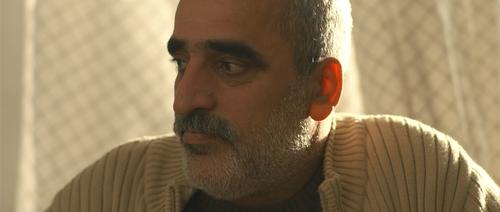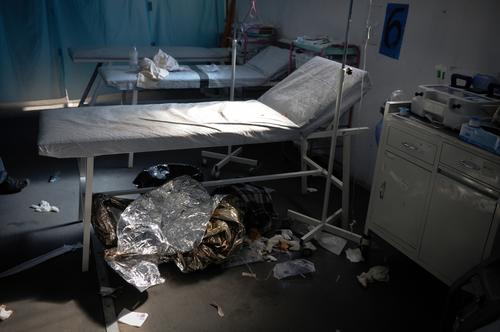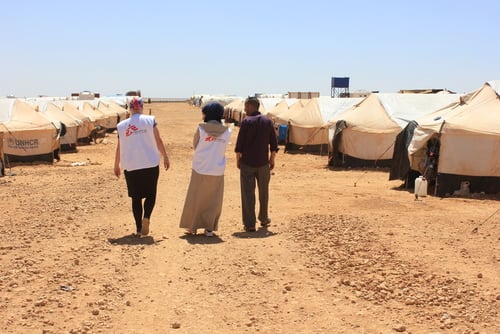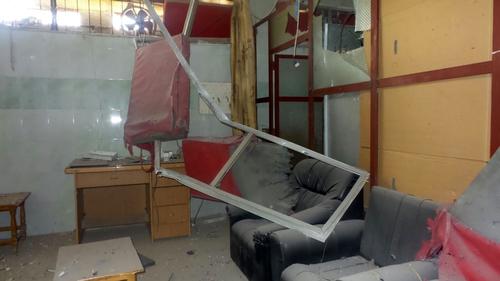Muwaffaq Mreish, 51 years old, from Damascus, Syria.
I was living in Damascus when my house was bombed. We lost our property along with all of our furniture. My mother’s and my siblings’ houses were destroyed too.
I needed to leave Syria to protect my sons – our lives would have been at risk if we’d stayed. So I left for Jordan, taking my mother with me. She is elderly and immobile, so needs extra care. At first we stayed with my sister, who was already living in Jordan.

That was the start of a very difficult time. I bore all the responsibility for my family’s wellbeing. I was new to the country, and although I was well-received by the Jordanian people, it was still tough.
We had financial problems, and my mother had health issues. I had had to sell my car and other possessions to come to Jordan. After less than a year, all my life savings were gone.
I couldn’t stop thinking about the past: of what I had and what I had lost. I used to have a job, a home and good friends, and I had lost them all. Afraid for my children’s life, I had sacrificed my own.
It’s like having a friend who you’ve seen every day for the past 25 years, and then suddenly you are separated. I’m in Jordan, my cousin’s in Egypt, another relative’s in Lebanon – everyone is living in different places. This is what saddens me. In the past we were united, constantly meeting and gathering, going out together on trips.
Syria has been called an earthly paradise; this is how I remember it, and will keep on remembering it for years to come.
Now the Syrian people have become sad, ill and psychologically exhausted. Even those who’ve managed to dodge bullets can’t escape fatal diseases.
Eighteen months ago, my body could no longer bear the weight of the world, and I suffered a heart attack. I arrived at the hospital a lifeless body – the hospital's report said ‘presumed dead’. My heart had stopped completely; it was defibrillated five times and I was given an injection to jump-start it.
I was unconscious for three days in intensive care. But thanks to God, the prayers of my mother and the support of my wife and children, I survived.
Soon I started having problems getting hold of the medicines I needed, as well as my mother’s medication. Some were very expensive and my financial situation was bad. I kept on searching for a solution. Then I found Médecins Sans Frontières (MSF), who really helped me.
MSF took a load off my back, relieving me of financial troubles and getting hold of my medication. I registered my mother as a patient at MSF’s clinic in Irbid. They pay her home visits each month for a medical check-up as she’s physically unable to get to the clinic.
A doctor at MSF’s clinic told me about a new psychosocial support programme they were running, so I joined up. I would really encourage others to join these sessions. They make me feel happy and take the weight off my mind.
The MSF team sends me regular text messages telling me when to come to the clinic. They follow up on my health condition and are committed to their patients. With all the chaos the world is in right now, we really enjoy this sense of discipline. There is mutual cooperation between MSF staff and patients, which is why the relationship is 100 percent successful. MSF has proved that there is still humanity left in this world.





